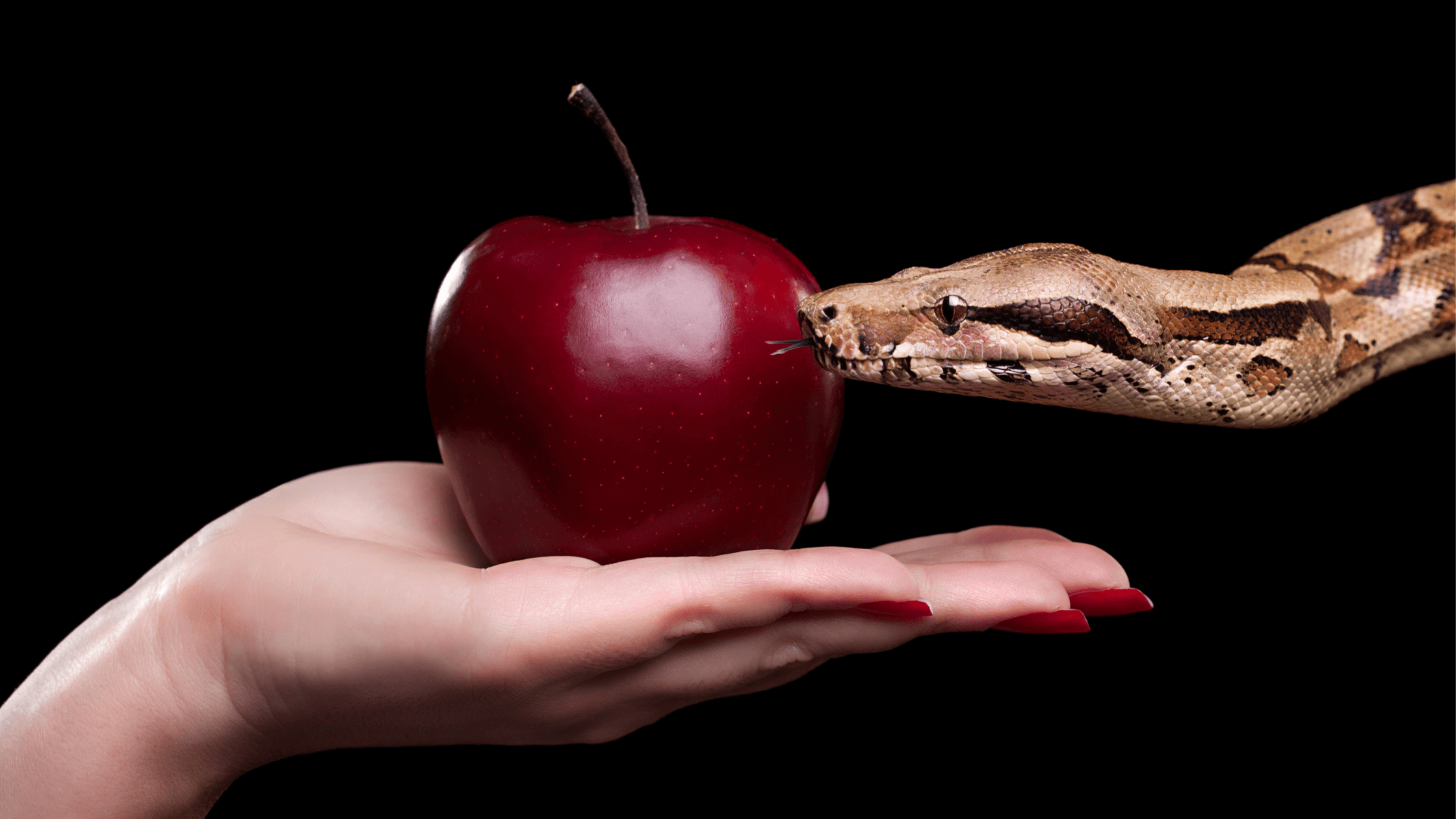Mastering Self-Discipline: How to Stop Masturbating for Good
Key Takeaways Table
| Key Point | Description |
|---|---|
| Biblical Perspective | Exploring self-discipline through biblical teachings and verses. |
| Physiological Understanding | Understanding the physical factors contributing to masturbation and strategies to overcome them. |
| Practical Strategies | Offering actionable steps to develop self-discipline in overcoming masturbation. |
| Support Systems | The role of community, accountability, and support in the journey. |
| Reclaiming Identity | Overcoming shame and embracing identity in Christ. |
| Conclusion | Emphasizing hope, transformation, and resources for continued support. |
Introduction: The Challenge of Self-Discipline
Self-discipline is a critical aspect of personal development, especially when it comes to sensitive topics like masturbation. It’s about harnessing one's own will in alignment with Biblical and personal goals. As we explore this topic, let's remember that the path to self-discipline is as much about mental and spiritual strength as it is about physical control.
The Biblical Perspective on Self-Discipline
The Bible offers profound wisdom on the topic of self-discipline. Scriptures like 1 Corinthians 10:13 remind us that no temptation is to great. Let's delve into the biblical understanding of self-control and moderation:
| Biblical Principle | Verse | Application |
|---|---|---|
| Self-Control | Galatians 5:22-23 | Fruit of the Spirit includes self-control, guiding us to mastery over our bodies. |
| Moderation | Philippians 4:5 | Being moderate in all things, including our physical desires. |
| Dependence on God | 1 Corinthians 10:13 | Trusting God to provide a way out in the face of temptation. |
In our spiritual journey, self-discipline is a cornerstone in pursuing holiness. It's not just about avoiding sin, but about actively seeking God's guidance and strength. This journey isn't one we embark on alone; it's one where we lean on God's power and wisdom.
Understanding the Physiological Battle
Masturbation isn't just a moral or spiritual issue; it's deeply rooted in our physiology. The act itself triggers a release of dopamine, a neurotransmitter associated with pleasure. This can create a cycle that's hard to break. Understanding this cycle is the first step in developing strategies to overcome it. Here’s a brief look at the physiological principles:
| Factor | Description |
|---|---|
| Dopamine Release | The immediate pleasure response that reinforces the behavior. |
| Neural Pathways | Repeated behavior strengthens neural pathways, making habits harder to break. |
| Neuroplasticity | The brain's ability to rewire itself, offering hope for changing behavior patterns. |
Practical Strategies for Self-Discipline
Mastering self-discipline, especially in the context of masturbation, requires actionable and practical steps. Here’s a strategy roadmap to help us on this journey:
- Identify Triggers: Recognize situations, thoughts, or feelings that lead to the urge to masturbate.
- Develop Avoidance Strategies: Alter routines and environments to avoid these triggers.
- Mindfulness Techniques: Employ practices that help manage urges and maintain focus on goals.
Incorporating these strategies into daily life can significantly impact one’s ability to exercise self-control. It’s not just about avoiding temptation but about creating a lifestyle conducive to discipline.
Harnessing the Power of Mindfulness
Mindfulness is a powerful tool in mastering self-discipline. It involves being fully present and aware of our actions and decisions. Here are some ways mindfulness can be applied:
- Observing Thoughts: Instead of acting on impulses, observe them non-judgmentally.
- Mindful Breathing: Use breathing exercises to center oneself during moments of strong urges.
- Regular Meditation: Daily meditation can strengthen the mind's ability to remain disciplined.
By practicing mindfulness, we equip ourselves with the ability to control our responses to urges, rather than being controlled by them.
Building a Supportive Environment
We don't have to walk this path alone. Building a supportive environment can be a game-changer. Here's how:
| Support Aspect | Importance |
|---|---|
| Supportive Network | Surrounding ourselves with people who understand and support our goals. |
| Accountability Partnerships | Having someone to check in with can keep us on track. |
| Community and Fellowship | Engaging in groups that provide a positive, nurturing environment. |
Consider exploring resources like “Breaking the Cycle: How to Stop Masturbating Every Day” for more insights on building a supportive network.
Embracing Change: A Journey of Transformation
Transforming our habits and mindset around masturbation involves more than just physical discipline; it’s about emotional and spiritual healing. This process often requires dealing with feelings of shame and guilt, and finding restoration in God’s forgiveness. Embrace your identity as a child of God, and view yourself through the lens of His love and grace.
The Power of Accountability and Support
Accountability and support play a crucial role in mastering self-discipline. Here's why they are powerful:
- Shared Goals: Being around others with similar aspirations can motivate and inspire us.
- Regular Check-ins: Having someone to report progress to can keep us accountable.
- Encouragement: Words of encouragement from others can boost our morale during tough times.
For further reading on this, “5 Proven Methods to Control the Urge to Masturbate” offers additional insights.
Reclaiming Your Identity in Christ
One of the most profound aspects of this journey is reclaiming our identity in Christ, especially for those of us grappling with the guilt associated with masturbation. Let's consider these points:
- Overcoming Shame: Recognize that guilt and shame are natural but not defining. God’s forgiveness is a path to healing.
- Self-Acceptance: Embrace God’s view of us as beloved and worthy, which can transform how we see ourselves.
- Transformative Power: Accepting our identity in Christ leads to a transformation that transcends physical habits.
This perspective shift is crucial for lasting change. For more on this topic, the article “The Power of Prayer: How to Stop Masturbating in Faith” can be a valuable resource.
Conclusion: A New Beginning
As we conclude, it's essential to recognize that mastering self-discipline in the context of overcoming masturbation is a journey of hope and transformation. It requires patience, perseverance, and reliance on God's grace. We encourage you to apply these principles and strategies, remembering that change doesn't happen overnight.
Remember, you're not alone in this journey. There are numerous resources and support groups available to assist you. Stay committed, and be open to the transformative power of self-discipline and God's love in your life.



